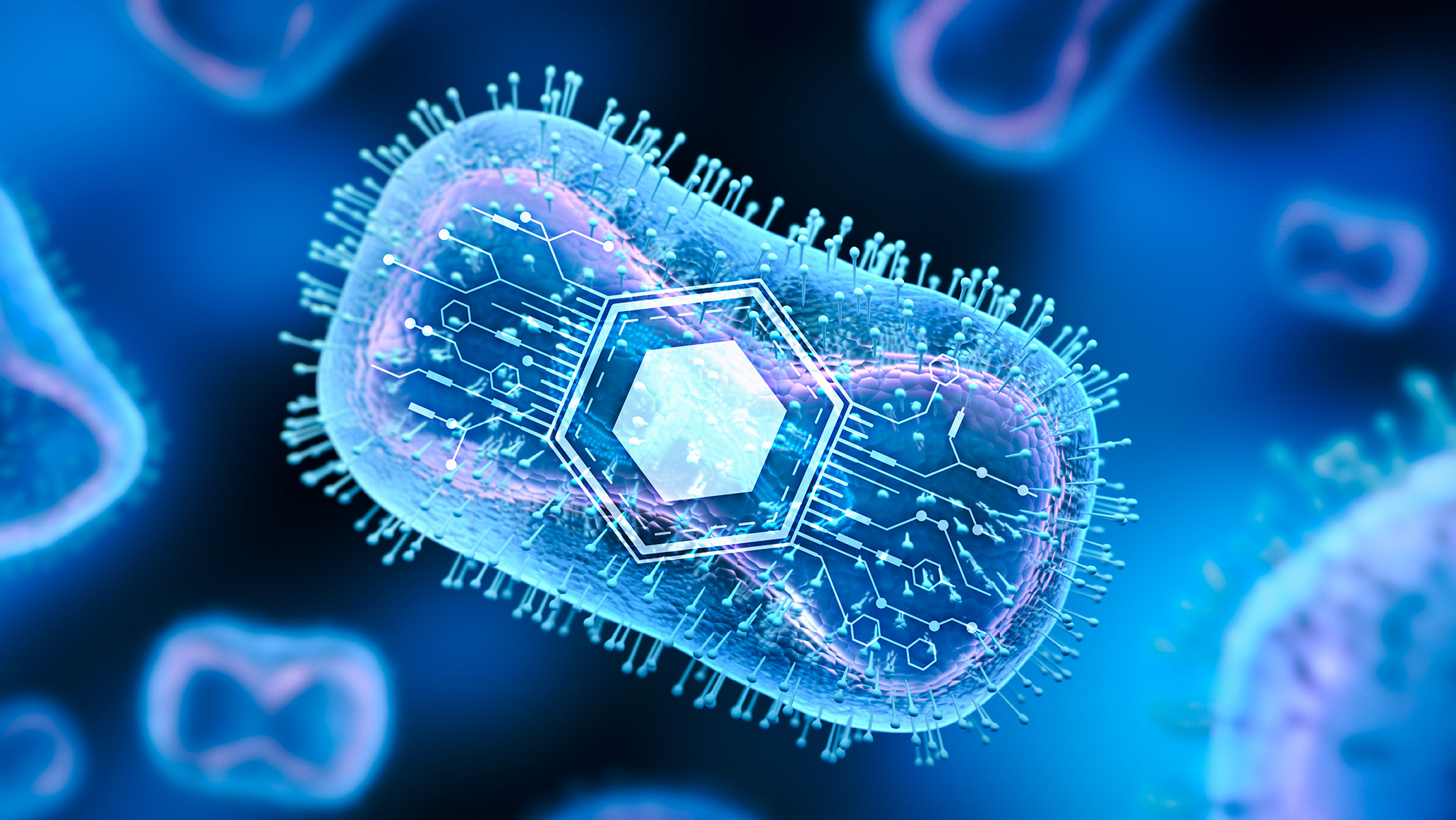The thought of harnessing the power of a person’s immune system to fight against cancer is recent and is gaining popularity in the world and India.
Cancer is a complex condition. It occurs when cells start to divide uncontrollably and abnormally. Chemotherapy, radiation therapy and surgery are the treatments often prescribed. Immunotherapy is a relatively new kind of drug treatment which is showing positive clinical outcomes in cancer patients.
Immunotherapy is a drug treatment which uses a person’s own immune system to kill cancer cells. It trains the immune system to recognize and attack cancer cells much more effectively.
The treatment is given in the form of medicines. It can be administered intravenously.
How does Immunotherapy work?
The human immune system is a collaboration of some organs, cells and substances that defend the body against various infections. The key function of the immune system is to identify ‘foreign’ cells or substances that can cause disease in the body and kill them eventually.
However, cancer is a complex disease that starts within normal, healthy cells. It often evadesthe immune system and outsmarts it. The cancer cells have genetic modifications that make them practically invisible to the immune system. Thus, delaying the immune response ofrecognising it as a potential threat and killing it.
Immunotherapy boosts the natural defences of the immune system and makes it work smarter in responding to cancer cells.
It is a targeted treatment that distinguishes between healthy cells and cancer cells. It can go hand in hand with other conventional treatments. In some cases, it can be prescribed as a solo therapy.
Who is eligible for Immunotherapy?
While Immunotherapy is a promising new treatment, not every person responds to it in the same way. The treatment is bounded by certain conditions and criteria. The genetic (DNA or RNA) analysis of the tumour (growing cancer cells) decides whether a person is eligible for the treatment or not.
To understand it better, let us consider a hypothetical situation. Two women of similar biological age are diagnosed with Stage 4 breast cancer. On genetic analysis, the doctor might find outthat one of them is eligible for Immunotherapy and the other is not. Hence, immunotherapy provides a fairly high success rate in people who are eligible for the treatment in the first place.
Immunotherapy is often not prescribed to people with auto-immune disorders or who have a history of organ transplantations. Hence, the decision to prescribe Immunotherapy to a person depends on many factors that have to be analysed by the treating doctor.
Can Immunotherapy be done in multiple ways?
There are multiple ways in which Immunotherapy works. The following are a few types-
Checkpoint inhibitors- The medicines given in this treatment block the ‘checkpoints’ that act like brakes of the immune system and prevent the system from responding too strongly against the cancer cells.
Adoptive cell therapy- This involves taking immunity cells (usually T cells) from a person’s body, modifying them in laboratories and infusing them back into the person’s body. The modified cells become much more effective at recognizing and killing cancer cells.
Cytokines- This treatment makes use of cytokines, small proteins that help relay better communication between immunity cells.
Cancer vaccines- Cancer vaccines just like other known vaccines introduce the immune system to foreign proteins called antigens. This triggers the immune system and amplifies its response against cancer cells.
Does Immunotherapy have advantages over other treatments?
The key advantage of immunotherapy is that the treatment spares healthy cells and only targets the cancer cells. This considerably improves the quality of a person’s life undertaking the treatment. It causes much lesser collateral damage.
The following are some advantages of the treatment-
1. Healthy cells are not damaged during the treatment.
2. Can be taken for a long period as it poses lesser side effects.
3. Doesn’t affect the quality of a person’s life or their lifestyle in general.
4. Does not cause hair fallor causes minimal skin problems.
5. Person usually doesn’t experience conventional symptoms such as nausea, weight fluctuations, body aches, vomiting and others.
6. Since the infusion of medicines takes no more than one to two hours, the treatment doesn’t disrupt a person’s day-to-day life and can be easily wrapped around a working day.
What are the sideeffects of Immunotherapy?
Immunotherapy is a well-tolerated treatment. However, when the immune response of the body is dramatically increased, it can result in some mild symptoms. The following are a few listed side effects 1. Flu-like symptoms such as fever and fatigue
1. Mild Diarrhoea
2. Occasional bodily pains
3. Rash
4. Others.
The author is the director (medical oncology) at Max Hospital.























